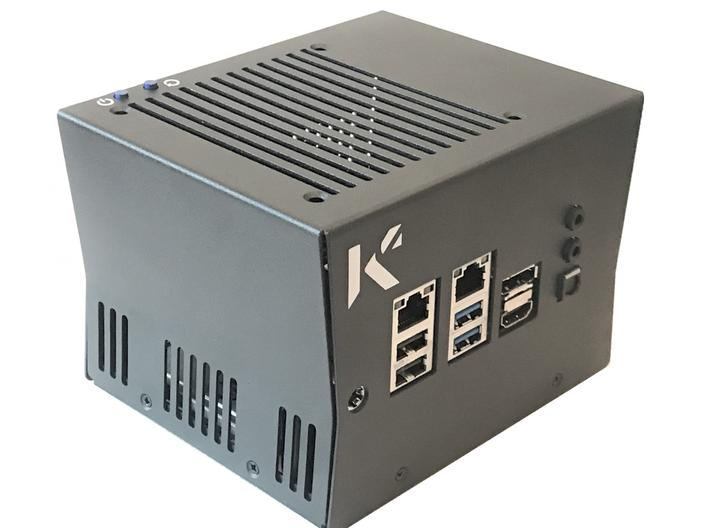
Network Storage: Why You Should Assemble Your Own NAS
Share
In these days when cloud storage is ubiquitous, why would anyone want to use anything else? Well, here are a few reasons to consider!
Cons of Cloud Storage Subscription Services
Loss of Control
Like any other form of technology, cloud services are susceptible to network outages, hardware issues, natural disasters, and many more worst-case scenarios. While the same things can affect your local network storage, at least you have control over your personal situation and you aren't placing all your data in the hands of an organization that may not make the same decisions you would make with your data.
Also, if a cloud storage company changes their policies such as fee structure, upload/download limits, bandwidth throttling, etc., you must comply with those policies or find a new home for your data. This leads to the next question: If you've deleted your data from a cloud provider, how can you be certain it is truly deleted?
Security Issues
Talk to almost any data security expert, and they'll say the same thing: Do NOT put your sensitive data on the cloud! This includes personal identification documents, private contracts and agreements, financial information, sensitive photos, business secrets, and more.
Although in some cases it is possible to secure your cloud data with encryption, unless you control the encryption keys the data is theoretically accessible by the cloud services company, or by hackers that steal this information from the cloud services company. If you don't use encryption, data theft is even easier. These types of security breaches happen every day.
Cloud storage companies are a much larger target for hackers as there is generally a lot more information that can be accessed after the discovery of a security hole.
Summary: If you don't want your data to be accessible by random people, don't store it in the cloud.
Ongoing Costs
Once you've purchased your own storage hardware, you don't have to pay any ongoing costs to store your data. With cloud storage companies, data storage incurs monthly or annual fees that could increase over time.
Access Speed
In the event that you need to access your network storage data due to a hardware failure or other disaster, getting back terabytes or even gigabytes of data from a cloud service provider can sometimes take days, especially if your Internet connection speed is less than nominal. Slow regional Internet speeds can definitely be a problem during widespread natural disasters.
Loss of Flexibility
With a cloud service provider, data storage is usually an à la carte option. If you want to serve web pages, run a database, implement ad-blocking or website-blocking software, run a network-wide VPN, or perform any of a myriad of other tasks, you may incur additional charges or just not be able to do any of these tasks at all with many cloud storage providers.
How to Manage Your Own Network Storage
Thankfully, we sell a number of kits that are great for creating your own network storage solution, and if you scroll below the products section, you will see a number of great articles to help you as well!
Creating your own network storage solution allows you to use off-the-shelf parts. Most pre-built network storage solutions from other manufacturers use proprietary components or software that make them difficult or impossible to repair or customize, and they are often more expensive than building a system yourself. If a security issue is discovered in a pre-built solution, you have to hope that the manufacturer implements and distributes a patch to secure your system. With mainstream DIY software like OpenMediaVault, DietPi, and others with an active community, security patches are implemented frequently.
In addition, building your own solution allows you to customize it to your preferences and needs, and teaches you valuable skills in the process.
For even more peace-of-mind, tools like rsync allow synchronizing two or more network storage systems easily and efficiently across a network or even across the Internet.
